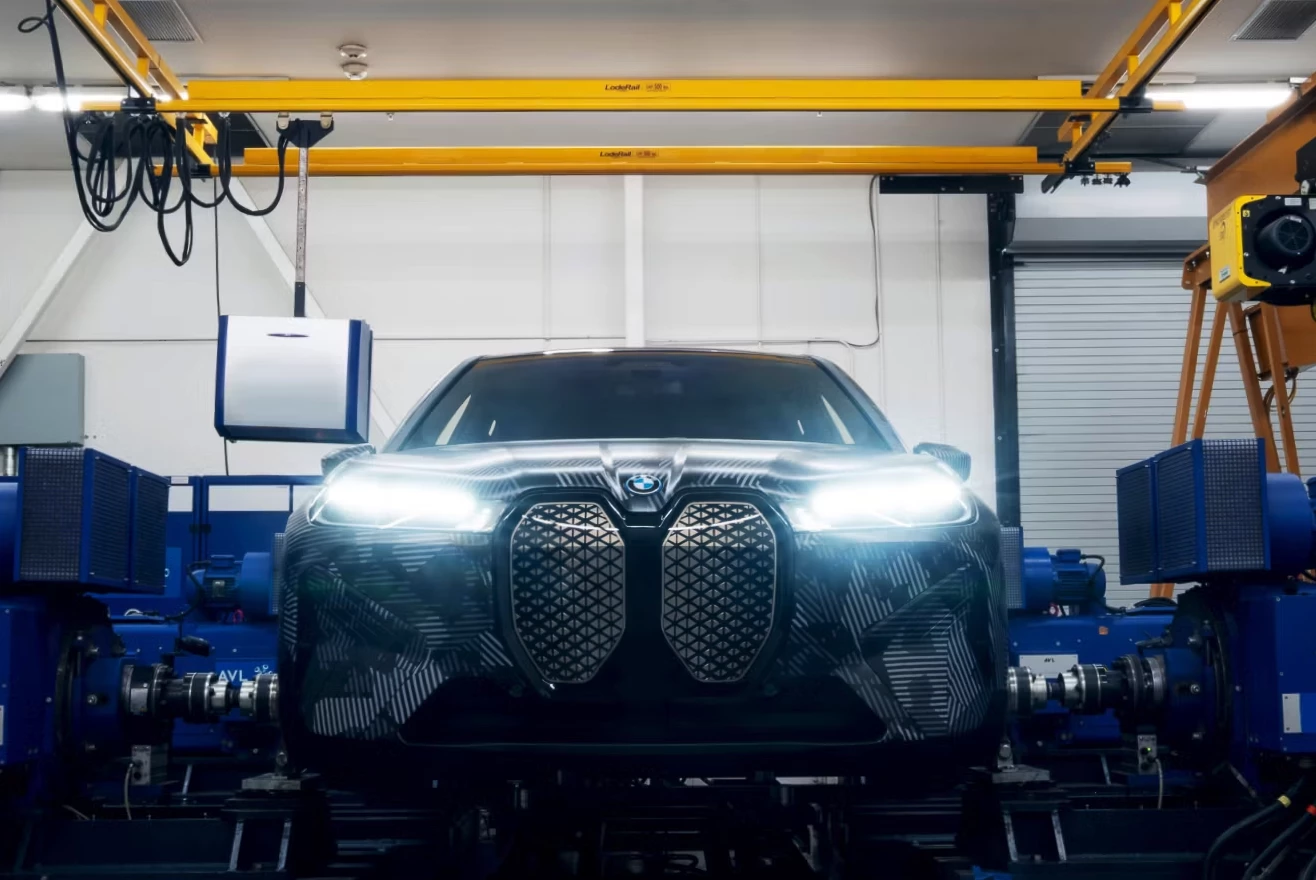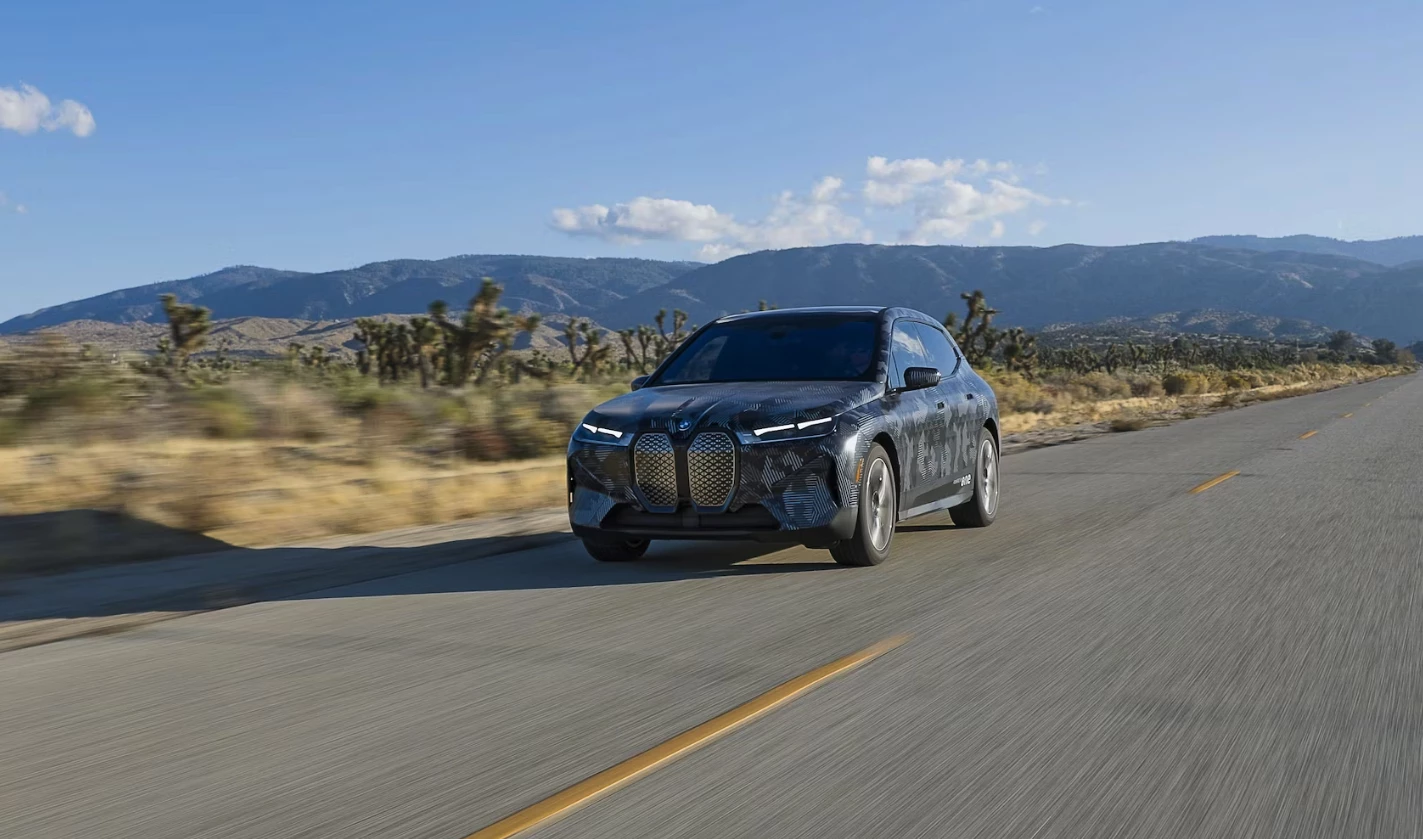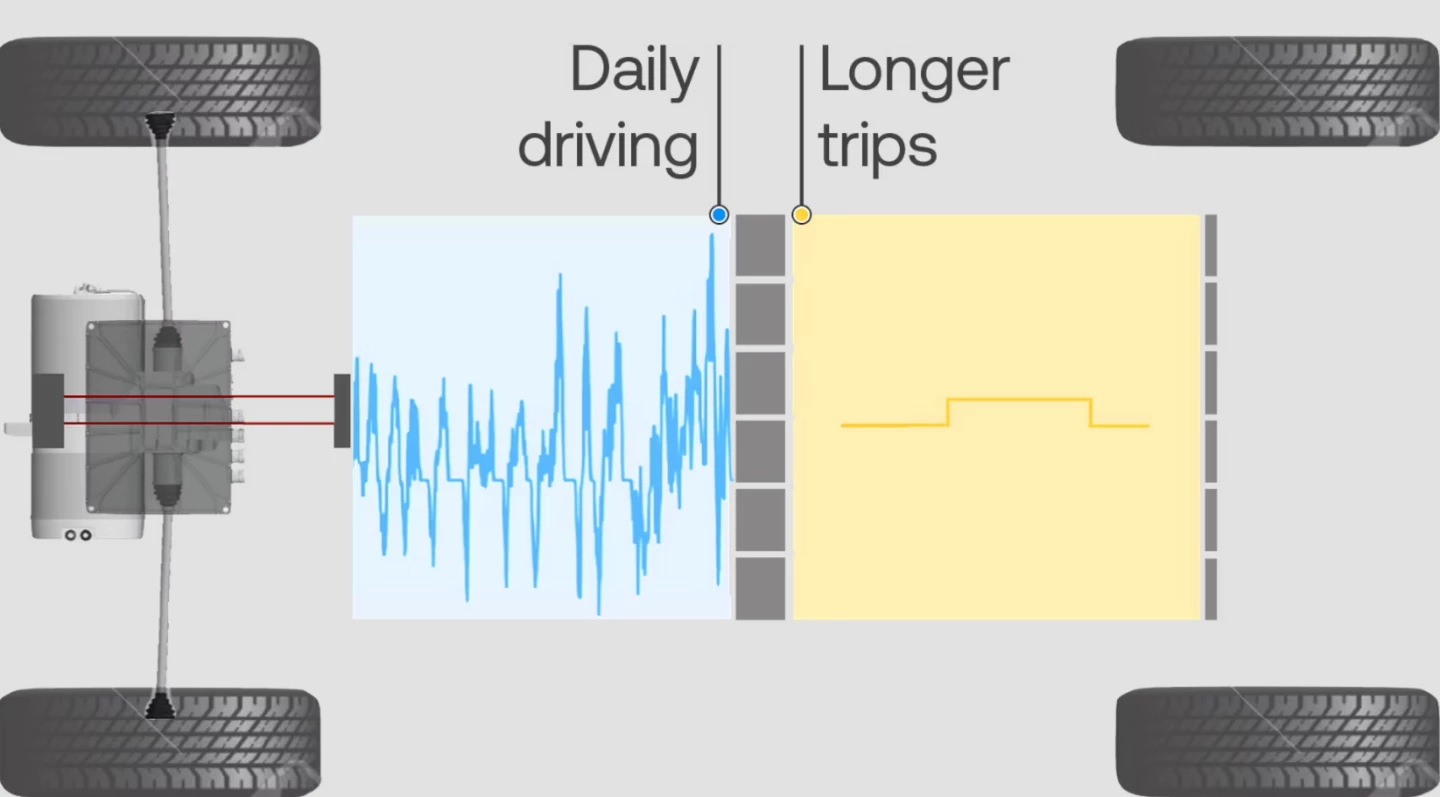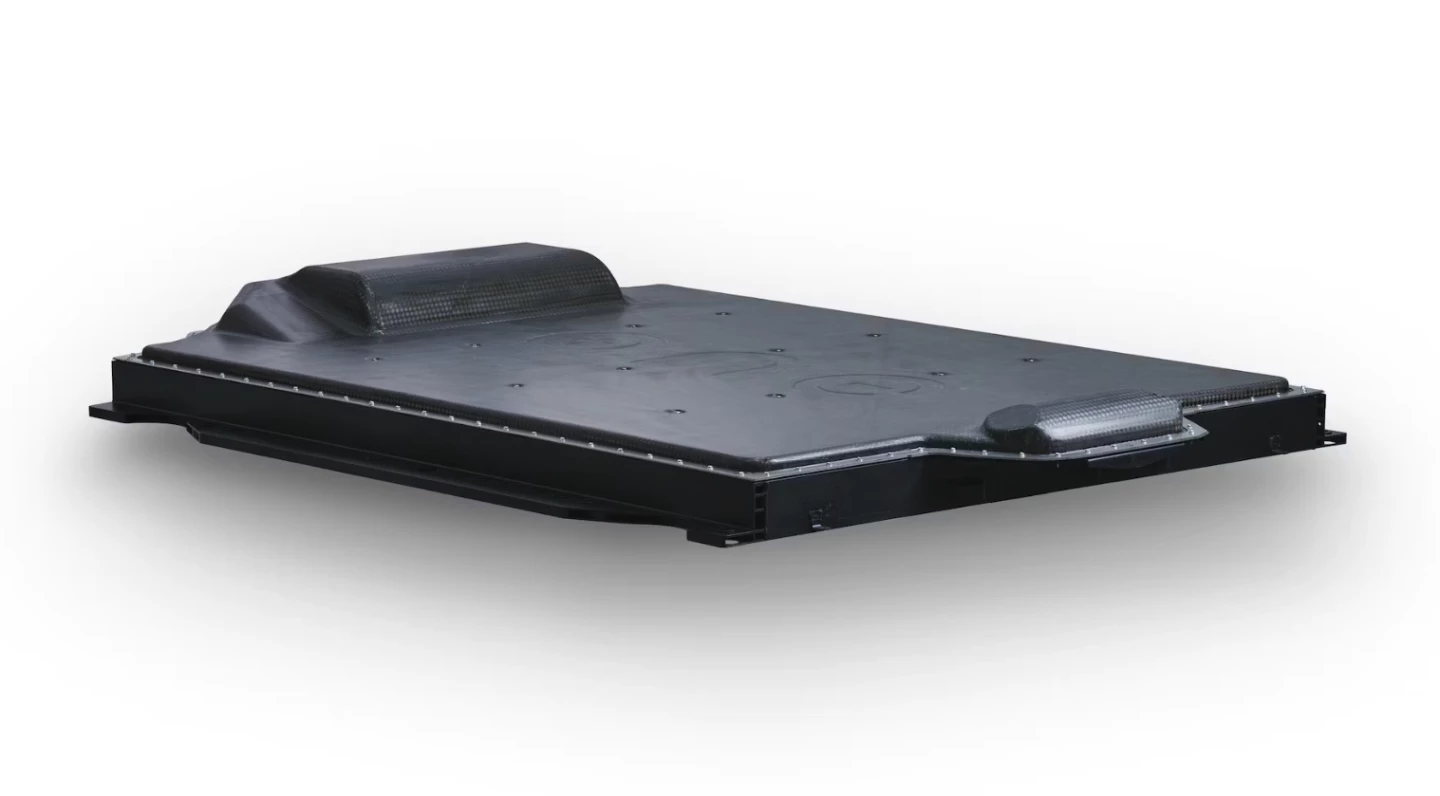Last year, BMW and Michigan startup Our Next Energy (ONE) announced a partnership to test the latter's Gemini battery system with the goal of increasing the BMW iX's all-electric range to 600 miles (966 km). The initial results are in, and the project proved quite successful. The iX was able to travel for just over the 600-mile target before needing a charge, thanks to the Gemini's dual-chemistry cell split.
Prior to its 2022 BMW collaboration announcement, ONE had successfully used its Gemini battery to return 752 miles (1,210 km) of range in a Tesla Model S. With the iX, it moved to test the battery's efficacy in a larger SUV application. While the iX is billed as BMW's most aerodynamic SUV, its 0.25 drag coefficient is higher than the Model S' 0.208.

Although 752 miles was never in the cards for the iX, ONE has had its sights on 600 miles+ by using a battery it claims as the longest-range pack that can fit in 300 to 400 liters worth of vehicular space. More specifically, the iX Genesis battery has a 185-kWh capacity, takes up 411 liters of under-floor volume and weighs 1,565 lb (710 kg). ONE has officially confirmed that it was able to drive the Genesis-powered iX for 608.1 miles (979 km, WLTP) per charge on the WLTP test cycle.
The standard production iX, meanwhile, has a WLTP range of 257 miles (414 km) when equipped with the base 71-kWh battery pack or up to 392 miles (630 km) with the 105-kWh battery pack.

The Gemini pack is actually a two-in-one design. Roughly half of the skateboard-style chassis pack is dedicated to traditional lithium-iron-phosphate (LFP) cells power the electric drive and provide enough energy for daily trips of 150 miles (241 km) or less. For longer voyages, the second half of the pack houses more energy-dense anode-free (AF) cells that serve as range extenders, teaming with ONE's proprietary high-efficiency DC-to-DC converter for an additional 450 miles+ (724 km+). These AF cells more than double the LFP cells' 441 Wh/L energy density to just over 1,000-Wh/L.

"Electric vehicles will achieve mass adoption when they offer enough range that people will feel comfortable having an EV as their only vehicle," opined Mujeeb Ijaz, ONE's CEO & founder. "The Gemini battery has proven it can break down the biggest barrier to electrification."
The split-chemistry layout also virtually eliminates cobalt usage, slashes nickel usage by 75%, graphite by 60% and lithium by 20%, according to ONE.

ONE plans to continue refining the Gemini design toward commercialization. Specifically, it is working on increasing the efficiency of the DC-to-DC converter, developing enhanced control algorithms to optimize usage of the range-extender cells, and conducting further battery validation and cell development. It then intends to prepare an A-sample for a full production program.
Learn more in the video below.
Source: Our Next Energy









